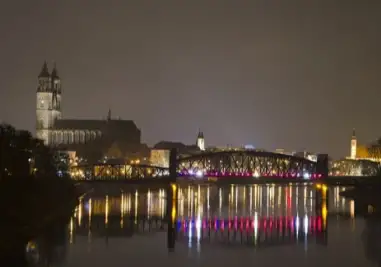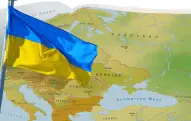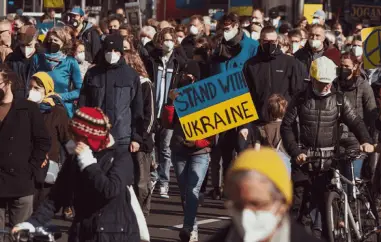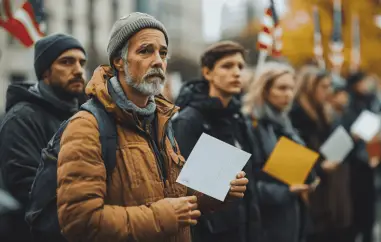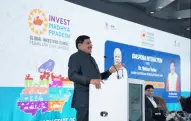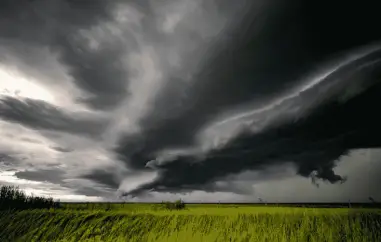Pope Francis Appoints 21 New Cardinals, Expanding Global Representation
In a significant move for the Catholic Church, Pope Francis is set to induct 21 new members into the College of Cardinals, enhancing the diversity and representation within the leadership of the Church. This event, which marks Pope Francis' tenth consistory since he assumed the papacy in 2013, is the largest single increase in voting-age cardinals during his tenure.
With these new appointments, Francis will have appointed 110 of the 140 cardinals under the age of 80 who are eligible to participate in the election of a future pope. This strategic decision not only reflects the pope's commitment to inclusivity but also aims to ensure that the leadership of the Church is representative of its global congregation.
The new cardinals hail from across five continents, with a notable presence from regions such as Africa and Asia, areas where the Catholic community is rapidly expanding. Among those elevated to cardinal status are bishops from Latin American countries, including Ecuador, Chile, Brazil, Peru, and Argentina. The appointments also feature two bishops from Africa, specifically from Ivory Coast and Algeria, as well as the archbishop of Tehran, illustrating Pope Francis' intent to broaden the Church's geographical diversity.
As the first Latin American pope in history, Francis has long been an advocate for enhancing the representation of different cultures and regions within the Church's hierarchy. This current consistory demonstrates his ongoing efforts to reshape the College of Cardinals to reflect the global nature of the Catholic faith.
Among the newly appointed cardinals, there is a growing acknowledgment of the potential for an African pope in the future. Ignace Bessi Dogbo, the archbishop of Abidjan in Ivory Coast, expressed the significance of this possibility, emphasizing that the universal Church should be prepared for such an eventuality, should it arise.
The newly appointed cardinals from the Asia-Pacific region represent a rapidly growing segment of the Catholic Church. This includes the archbishop of Tokyo, the bishop of Kalookan in the Philippines, and the bishop of the Ukrainian Catholic Church in Melbourne, Australia. Additionally, Indian prelate George Jacob Koovakad, who has been instrumental in organizing the pope's international travels, has also received this honor.
The ceremony to formally install the new cardinals is scheduled to take place at St. Peter's Basilica in Vatican City. It will commence at 4:00 p.m. local time and is anticipated to attract significant attention from both the faithful and the media.
Through these appointments, Pope Francis aims to leave a lasting legacy that not only reflects his vision of a more inclusive and universal Church but also ensures that the leadership is more attuned to the diverse needs and perspectives of Catholics worldwide. As the Church continues to evolve, these new cardinals will play a crucial role in shaping its future direction and governance.

